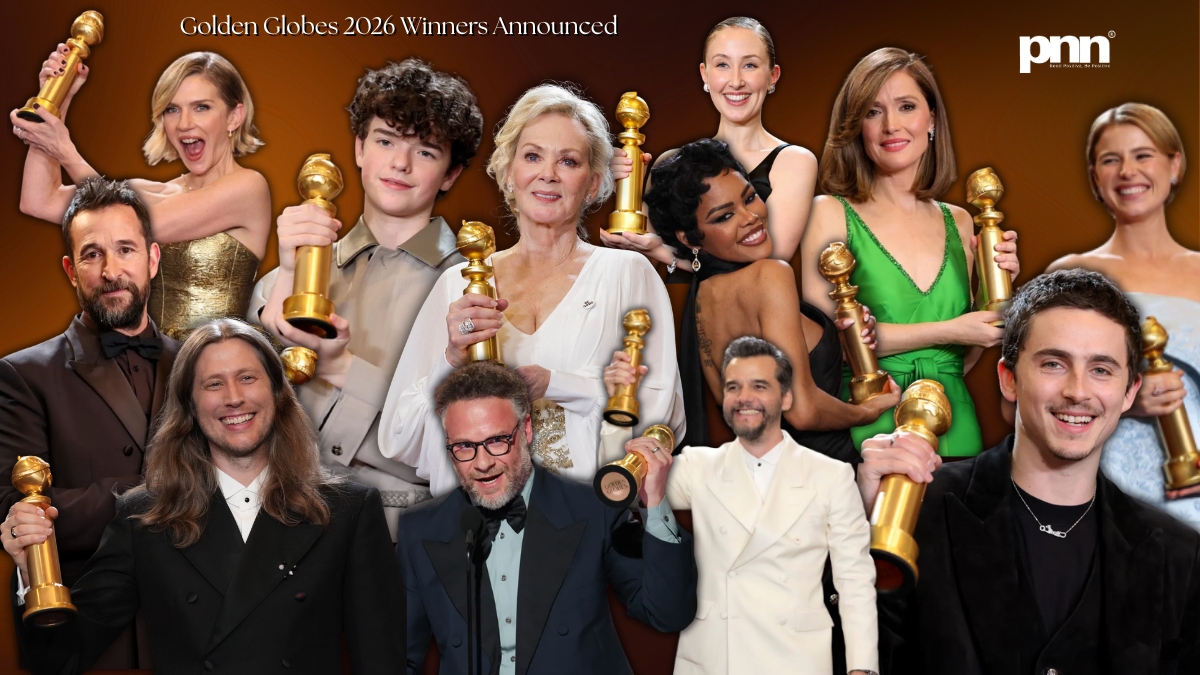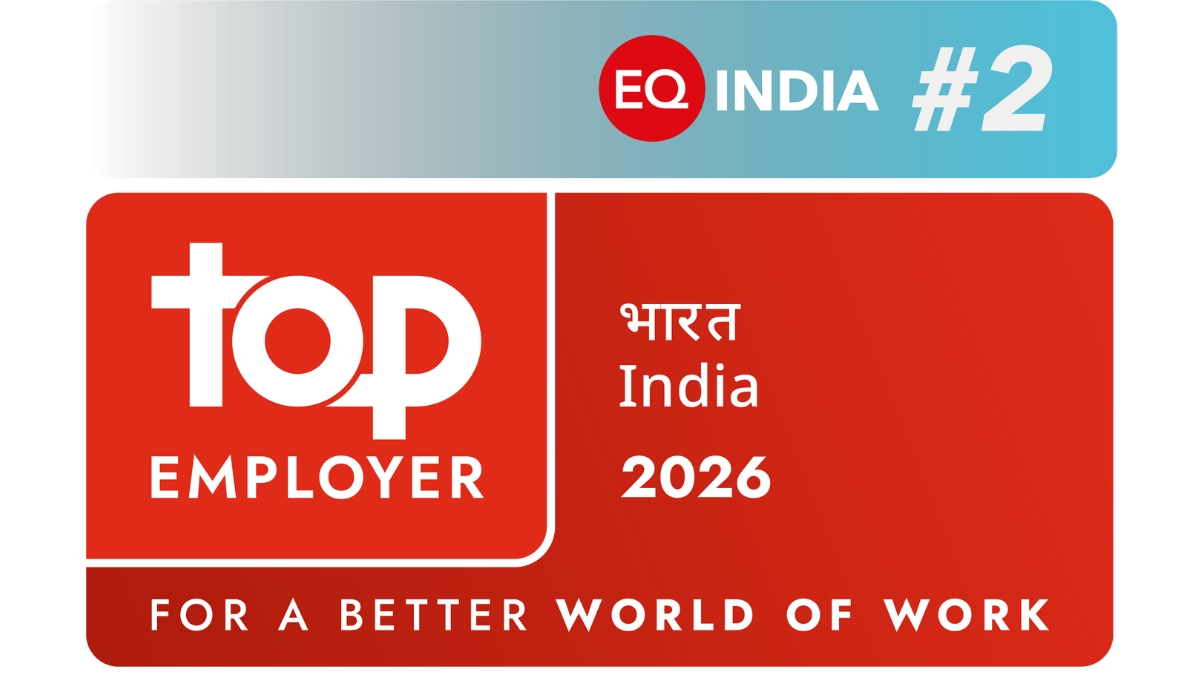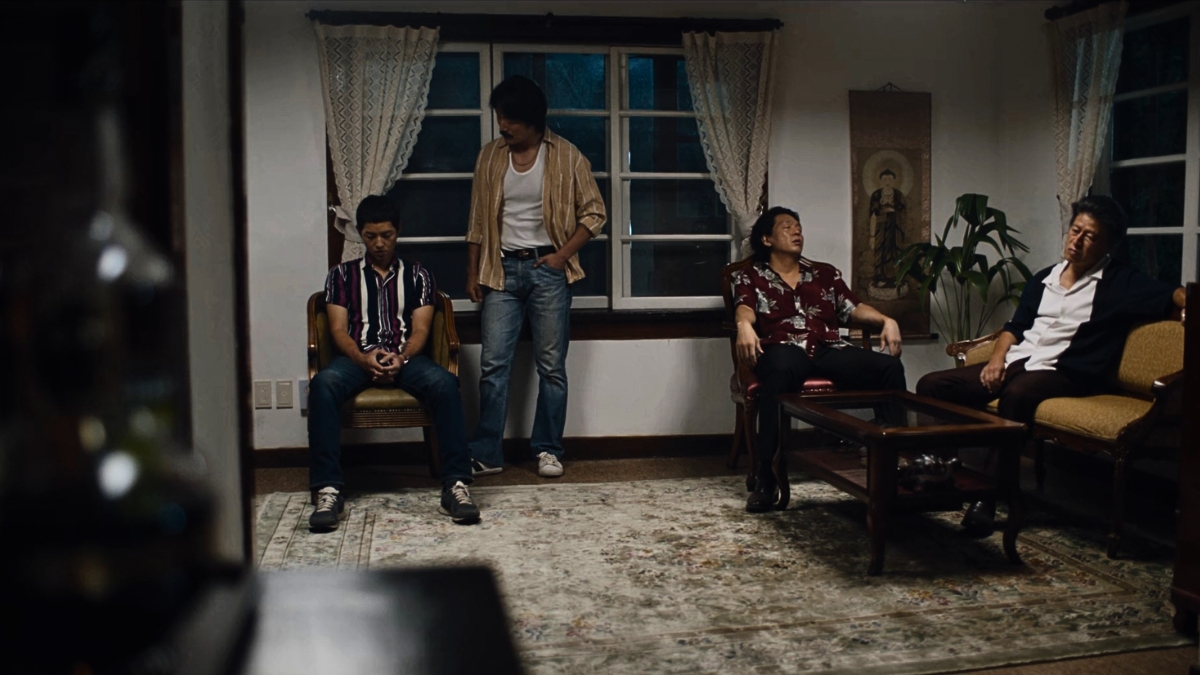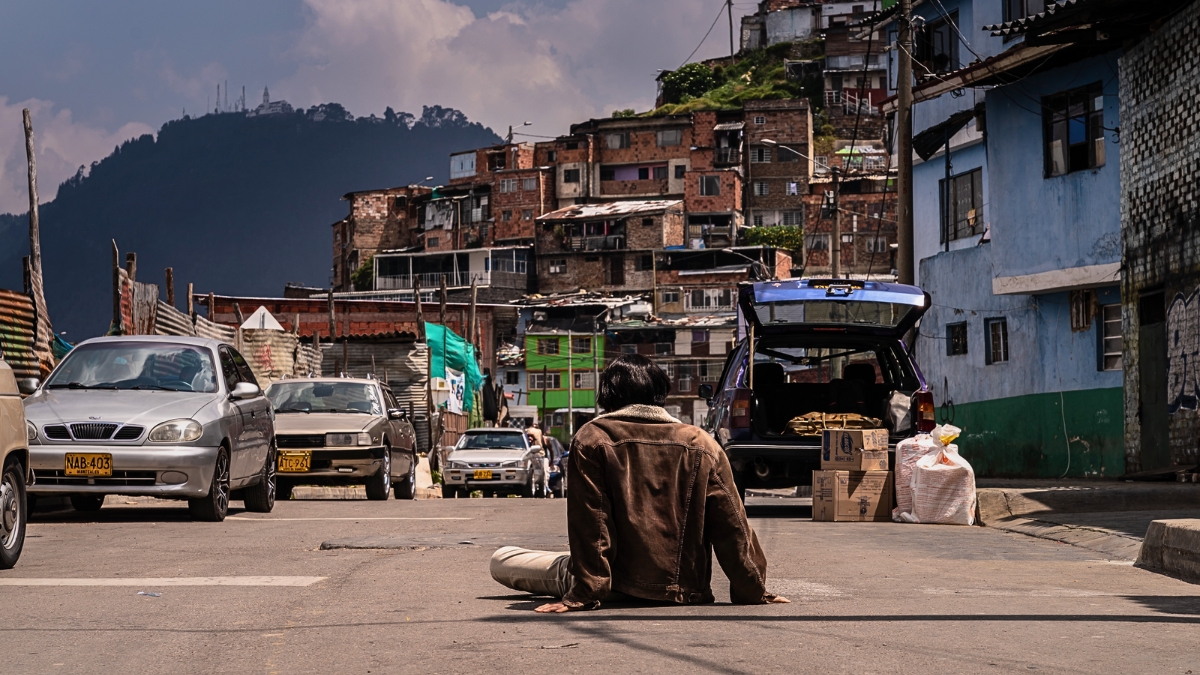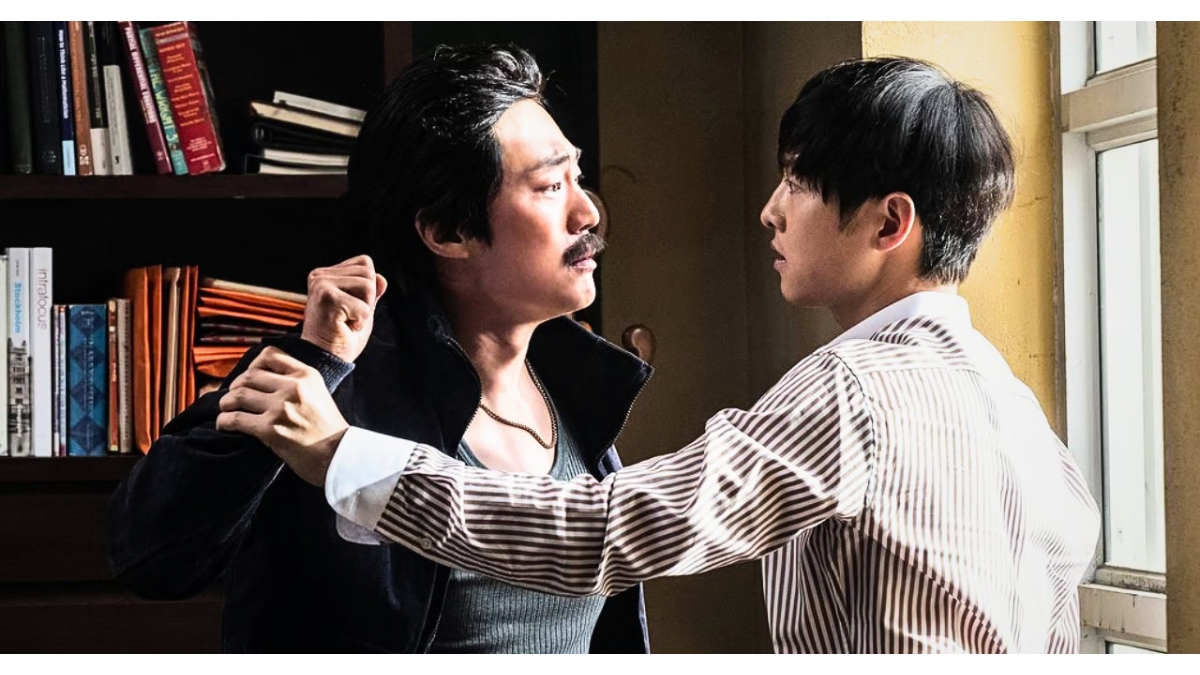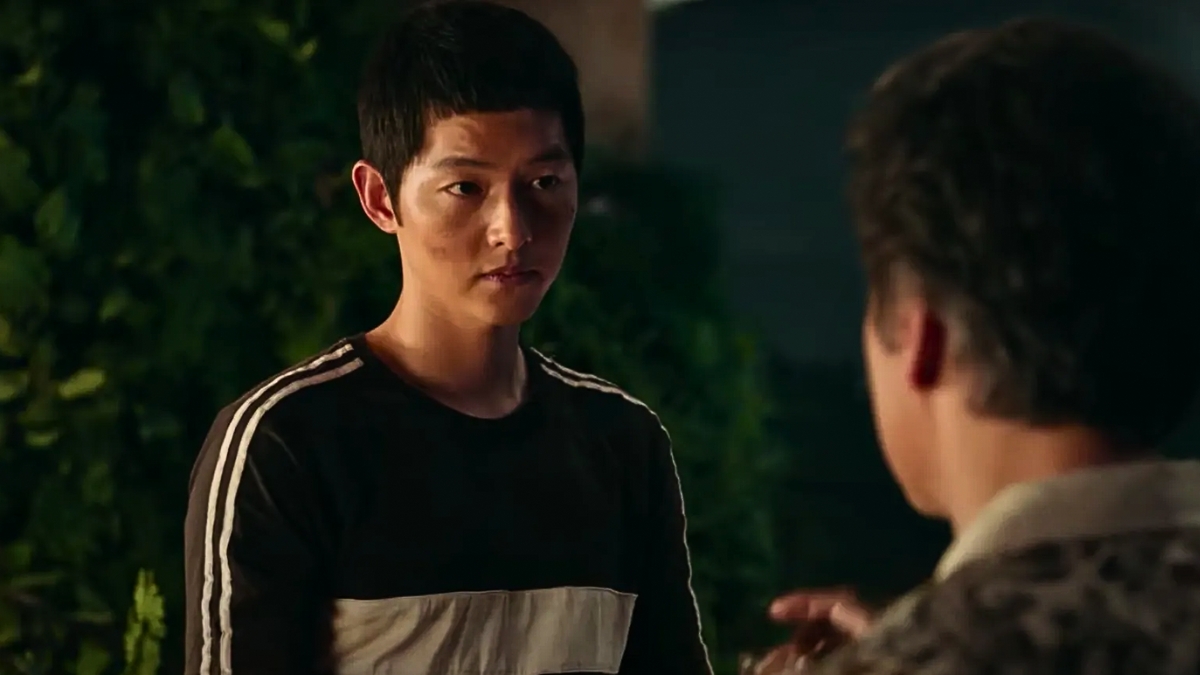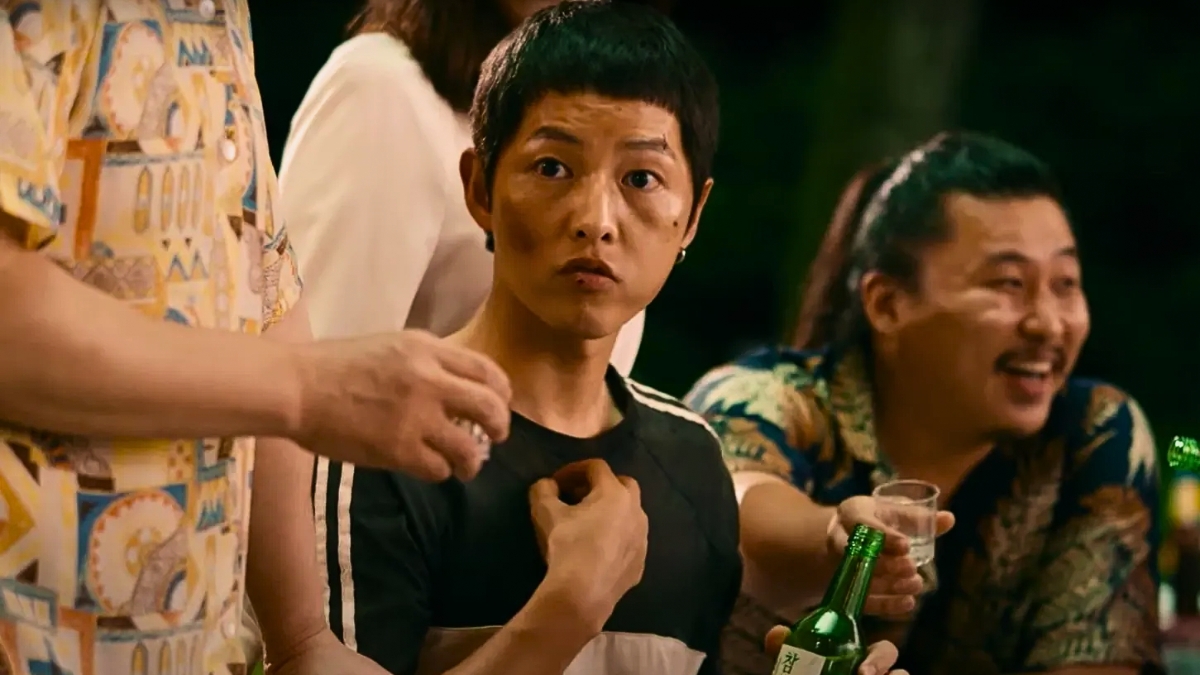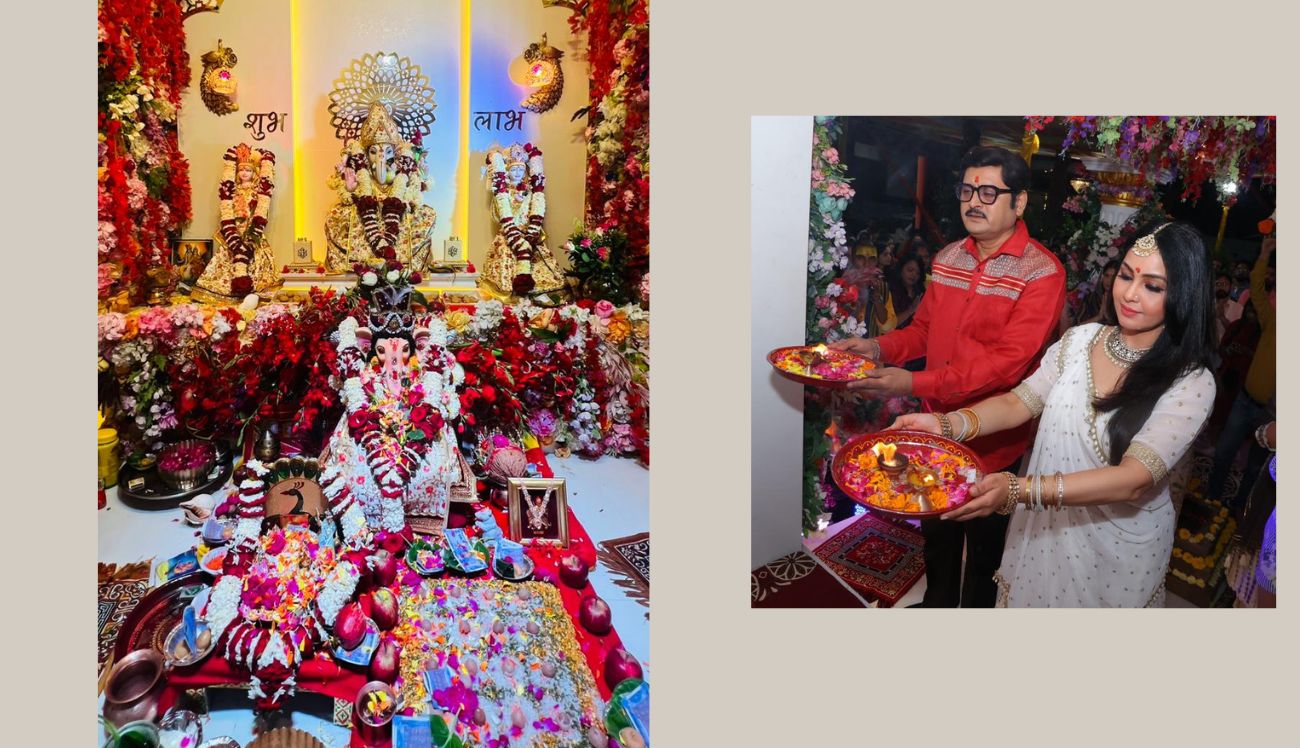Bogotá: City of the Lost – Song Joong-ki’s Crime Odyssey That Loses Its Way but Finds Its Legacy
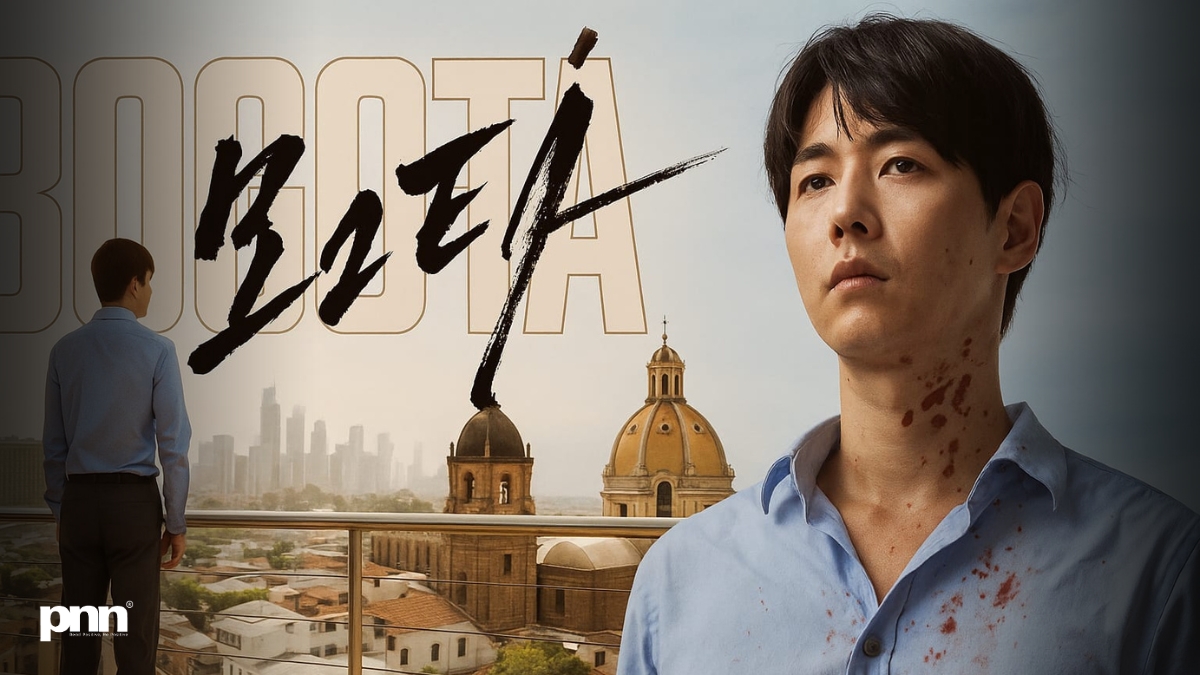
Mumbai (Maharashtra) [India], October 14: It’s not every day that South Korea’s golden boy, Song Joong-ki, trades sharp suits for dusty jackets, suave monologues for silent rage, and Seoul skylines for Colombian chaos. But in Bogotá: City of the Lost, directed by Kim Sung-je, that’s exactly what happens. The long-delayed crime thriller has finally reached the world — streaming now on Netflix — and if one thing’s certain, it’s that even a half-broken Joong-ki still commands the screen like few others can.
The story kicks off in the late 1990s, when Korea’s financial crisis pushes Guk-hee (Song Joong-ki) and his family to the rough terrains of Bogotá, Colombia — a far cry from the glitzy Hallyu backdrop he’s usually framed in. There, the dream of a fresh start quickly morphs into a fight for survival. From street hustler to underground businessman, Guk-hee’s transformation feels Shakespearean, a fall and rise soaked in blood and ambition. By the time he’s facing off against corrupt cartels and an unforgiving city, he’s no longer the boyish charmer from Vincenzo — he’s a man rewriting his own code of ethics, one deal at a time.
That’s the beauty — and curse — of Bogotá: City of the Lost. It wants to be everything at once: a survival tale, a political thriller, and a redemption arc. But sometimes, in trying to be too many things, it ends up feeling like an unfinished masterpiece. The ambition is evident, the execution — not always.
A Production Caught Between Two Worlds
To appreciate the film, you need to understand the storm it survived. Bogotá began filming in 2020 and was halted midway due to the pandemic. Production moved back to Korea from Colombia, forcing a narrative and tonal rework. The reported budget exceeded ₩30 billion (around $22 million) — a hefty sum for a Korean noir. With so much money and expectation hanging over it, the film became something of a test case for big-budget Korean crime cinema outside Asia.
Visually, the gamble pays off. Cinematographer Lee Seon-yong paints Colombia with rich, almost suffocating hues — markets glowing under merciless sun, back alleys echoing with despair. The contrast between lush landscapes and violent undercurrents mirrors Guk-hee’s own evolution: a dreamer corroded by survival.
Yet, the tonal inconsistency is hard to ignore. Critics like NDTV’s Saibal Chatterjee were quick to point it out, giving the film 2.5 stars, stating that it “falls short of its potential but never loses its grim allure.”
He’s right — the film sometimes feels like a fever dream edited in fragments. Still, even when it fumbles, it fumbles beautifully.
Song Joong-ki: Charisma Under Dust and Desperation
Let’s get this out of the way — Song Joong-ki is the movie. If his earlier turns in Vincenzo or Reborn Rich showed tactical brilliance, Bogotá reveals something more primal: a man learning that even the purest intentions rot in foreign soil. His controlled rage, subdued dialogue delivery, and subtle gestures — all speak louder than the action sequences.
GQ India called it “his darkest role yet — one where charm becomes camouflage.”
And that’s what keeps viewers watching — Joong-ki’s restraint. In a film riddled with gunfights, smuggling, and betrayal, it’s his silence that hits hardest.
The supporting cast — including Lee Hee-joon as the morally conflicted mentor and Ryu Seung-beom as a slick underworld broker — bolsters the narrative, though they rarely get space to breathe. One wishes the script gave them the same emotional weight Joong-ki’s arc enjoys.
From Box Office Failure to Streaming Resurrection
Here’s where Bogotá surprises everyone. When it released in Korean theaters earlier this year, it struggled — barely managing to cross ₩3.7 billion (~$2.7 million) in box office revenue, well below expectations. For a project that sat on shelves for nearly four years, it looked like the dream was over before it began.
And then came Netflix. Within two weeks of its OTT release, Bogotá: City of the Lost shot to the No. 1 spot in Korea, Top 10 in 14 countries, and a trending rank in India — proving once again that global audiences often see what domestic box offices miss.
That’s poetic justice — the kind of second act even Guk-hee would appreciate.
The Ending That Sparked Theories
Without spoiling too much, the film’s finale — involving a mysterious “Zone 6” and a confrontation between faith and futility — has divided audiences. Some argue it’s Joong-ki’s best ending since Vincenzo; others call it frustratingly ambiguous. OTTplay even ran a deep dive titled, “Did Song Joong-ki’s master plan lead him to Zone 6 — or his death?”
And that’s precisely the genius of Bogotá: it leaves you arguing. It refuses to spoon-feed closure. For a film set in a city built on exploitation and survival, that choice feels apt.
The PR Angle — Redemption, Reflection, and Reinvention
In true PR fashion, Joong-ki’s agency, HighZium Studio, has spun the film’s post-release narrative around artistic risk rather than profit. And honestly, it works. The actor himself, in an interview with The Korea Herald, admitted:
“I didn’t choose Bogotá because it was safe. I chose it because it scared me.”
That humility, paired with the movie’s eventual streaming success, repositions Bogotá not as a box office miss but as a global sleeper hit — the kind of story entertainment journalists live for.
Audience Pulse and Critical Divide
Social media tells a tale of its own:
On Twitter (X), fan edits glorify Joong-ki’s “cold stare,” comparing him to Al Pacino’s Michael Corleone.
Reddit threads dissect the economics of Korean immigrants in Colombia — a plotline rooted in uncomfortable realism.
YouTube reviewers call it “a thinking man’s gangster film,” though others dismiss it as “a travelogue with bullets.”
The divide is real — but that’s often the mark of art that matters.
Verdict — Imperfect, Ambitious, and Undeniably Human
Bogotá: City of the Lost isn’t flawless. Its pacing drags, its tone wavers, and its final act might test your patience. But it also dares to question, to wander, to lose itself. It’s not merely about crime or survival; it’s about the loneliness of ambition, the ache of displacement, and the brutal poetry of reinvention.
At a time when most films chase algorithms, Bogotá feels almost rebellious — too personal to be perfect, too flawed to be forgotten.
If numbers matter, Netflix’s internal data suggests that the film has already crossed 30 million viewing hours worldwide. If legacy matters, it’s the kind of project that cements Song Joong-ki’s status as a risk-taker, not just a star.
In a world where cinema often feels like déjà vu, Bogotá: City of the Lost reminds us that sometimes the most interesting stories are the ones that lose their way — and find themselves again, somewhere between Seoul and South America.
